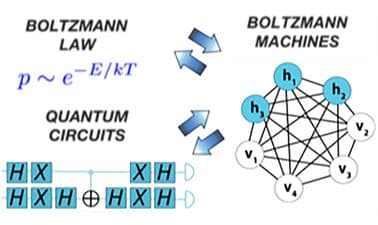MITx: Chemical Thermodynamics I: Thermodynamics and Statistical Mechanics
Based on 5.601 Thermodynamics I, this course introduces learners to fundamental concepts in thermodynamics and statistical mechanics. Learners will develop an understanding of fundamental thermodynamic principles and how they arise from molecular scale system properties.

- Duration
- 12 weeks
- Price Value
- $ 149
- Difficulty Level
- Intermediate









